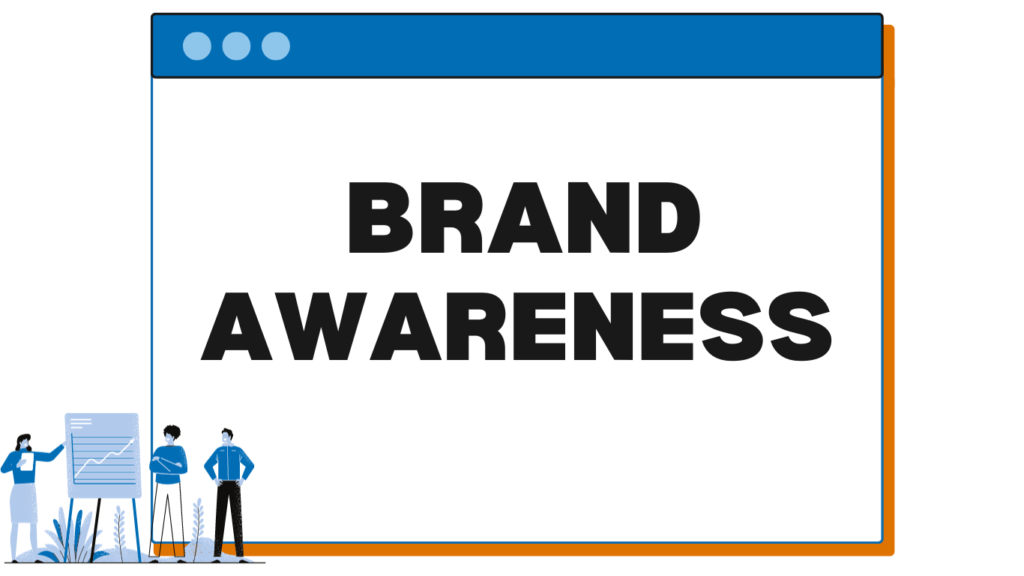Personal identity marketing strategy is a form of marketing that focuses on understanding and targeting specific aspects of an individual’s identity, such as their values, beliefs, interests, and behaviors. By tailoring marketing efforts to resonate with a consumer’s personal identity, businesses can create more meaningful connections and build stronger relationships with their target audience. This approach often involves personalized messaging, customized offers, and targeted content to appeal to the individual’s unique identity and preferences.
How do you promote your personal brand identity?
Promoting your personal brand identity involves showcasing your unique values, skills, expertise, and personality to differentiate yourself and attract others. Here are some strategies to promote your personal brand identity:
Define Your Brand: Clearly define who you are, what you stand for, and what sets you apart from others in your field.
Create a Strong Online Presence: Develop a professional website or blog, optimize your social media profiles, and regularly share content that reflects your personal brand.
Engage with Your Audience: Interact with your followers, respond to comments, and actively engage in conversations relevant to your brand.
Network: Attend industry events, conferences, and networking opportunities to build relationships and expand your reach.
Collaborate Partner with like-minded individuals or brands to reach a wider audience and strengthen your personal brand.
Seek Feedback: Listen to feedback from your audience and make adjustments to ensure your brand aligns with their perceptions and expectations.
Consistency is Key: Consistently communicate your personal brand message across all platforms to reinforce your identity and build trust with your audience.
By implementing these strategies, you can effectively promote your personal brand identity and make a lasting impression on your target audience.
What are the 4 C's of personal branding?
What are the 5 C's of personal branding?
The 5 C’s of personal branding are:
Character: Your character represents your personal values, ethics, and integrity. It is essential to showcase your authenticity and trustworthiness in your personal branding efforts.
Clarity: Have a clear understanding of your personal brand identity, values, and goals. Ensure that your messaging and image are consistent and coherent.
Consistency: Maintain a consistent brand image across all platforms and communication channels. Consistency helps build recognition and trust with your audience.
Credibility: Establish credibility by delivering on your promises, demonstrating expertise, and showcasing your accomplishments. Credibility is crucial for building trust with your audience.
Connection: Build strong connections with your audience and community by engaging with them, providing value, and fostering relationships. Personal branding is not just about self-promotion but also about connecting with others authentically.
What are the 4 P’s of personal branding?
The 4 P’s of personal branding are:
Purpose: Define your why for building your personal brand. Understand the values, passions, and goals that drive your personal brand.
Positioning: Determine how you want to be perceived by your target audience. Identify your unique selling points and what sets you apart from others in your field.
Personality: Showcase your authentic self and let your personality shine through in your personal branding efforts. Be genuine, relatable, and consistent in your brand communication.
Promotion: Develop a strategic plan to promote your personal brand through various channels such as social media, networking events, collaborations, and content creation. Engage with your audience and consistently share valuable and relevant content related to your personal brand.
The role of personal branding in personalized marketing
Personal branding plays a significant role in personalized marketing by helping businesses tailor their marketing strategies to align with individual consumers’ values, interests, and preferences. Here are some ways in which personal branding can enhance personalized marketing:
1. Targeted Messaging: By understanding the personal brands of their target audience, businesses can create personalized messages that resonate with consumers on a deeper level, increasing engagement and conversion rates.
2. Customized Offers: Personal branding allows businesses to tailor their offers and promotions to match the individual needs and desires of different consumers, increasing the likelihood of driving sales.
3. Relationship Building: Personal branding helps businesses establish stronger relationships with their customers by creating a sense of connection and trust based on shared values and interests.
4. Enhanced Customer Experience: By leveraging personal branding insights, businesses can deliver more personalized and relevant experiences to their customers, fostering loyalty and long-term relationships.Overall, personal branding plays a crucial role in personalized marketing by helping businesses create more meaningful and impactful interactions with their target audience.
How your personal identity affects your brand identity
Your personal identity significantly influences your brand identity as they are closely intertwined. Here are some ways in which your personal identity impacts your brand identity:
Values and Beliefs: Your personal values, beliefs, and principles shape the foundation of your brand identity. These core aspects of your personal identity guide the decisions you make for your brand and the messages you communicate to your audience.
Personality and Authenticity: Your unique personality traits and characteristics play a key role in shaping your brand’s persona. By staying true to your authentic self, you can create a brand identity that resonates with your audience on a deeper level.
Expertise and Skills: Your specific expertise, skills, and experiences contribute to your personal brand identity and can position you as an authority in your field. This expertise forms a critical part of your brand identity and helps differentiate you from competitors.
Communication Style: How you communicate, both verbally and non-verbally, reflects your personal identity and influences the tone, voice, and messaging of your brand. Consistency in your communication style helps reinforce your brand identity with your audience.
Reputation and Trust: Your personal reputation and the trust you’ve built with others directly impact your brand’s reputation and credibility. Maintaining a positive personal identity can enhance the trustworthiness of your brand identity.
In summary, your personal identity serves as the foundation for your brand identity, shaping the values, personality, expertise, communication style, and reputation of your brand. By aligning your personal identity with your brand identity, you can create a strong and authentic brand that resonates with your target audience.
Why Do Your Customers’ Social Identities Matter?
Understanding your customers’ social identities is crucial for effective marketing and building strong customer relationships. Here’s why your customers’ social identities matter:
Targeted Marketing: Knowing your customers’ social identities helps you tailor your marketing strategies to align with their values, interests, and behaviors, allowing for more targeted and personalized marketing campaigns.
Improved Engagement: By understanding your customers’ social identities, you can create content and messaging that resonates with them on a personal level, leading to higher engagement and interaction with your brand.
Building Trust: When you acknowledge and respect your customers’ social identities, you demonstrate that you value diversity and inclusivity. This helps build trust and loyalty with your customers, showing that you understand and care about their individuality.
Customer Retention: By recognizing and acknowledging your customers’ social identities, you show that you are committed to meeting their specific needs and preferences. This can lead to increased customer satisfaction and loyalty, ultimately improving customer retention rates.
Enhancing Brand Reputation: Being mindful of your customers’ social identities and engaging with them authentically can enhance your brand’s reputation and position your brand as socially conscious and customer-oriented.
In conclusion, understanding and respecting your customers’ social identities is essential for creating meaningful connections, driving engagement, and building long-lasting relationships with your audience.



